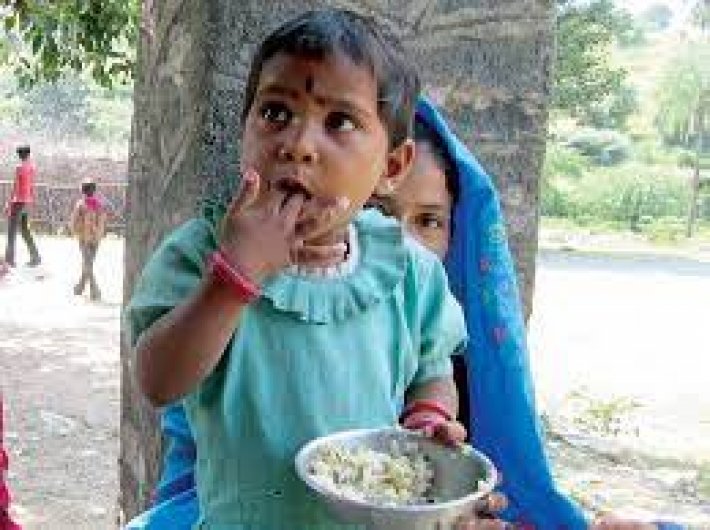India can well achieve SDG 1 by 2030 if lessons from initiatives like SEWA are rigorously implemented to give a helping hand to poor women
India celebrated its 77th Independence Day last month with emotions and a hope that 2030 will bring better days with the dream of achieving Sustainable Development Goals (SDGs) in India. Out of the 17 goals of development, the first one itself is the alleviation of poverty. For a country like India, multidimensional poverty becomes an important obstacle because of the ground reality that women are major contributors to this, being doubly marginalized. The ‘feminization of poverty’ may still keep the poverty score index high.
‘National Multidimensional Poverty Index - A Progress Review 2023’ has registered a significant decline of 9.89% points, from 24.85% in 2015-16 to 14.96% in 2019-21, which is commendable and proves that India is on track to achieve SDG 1.2, which is to reduce poverty at least by half by the year 2030. The real problem lies in the fact that the major participants in this poor population are the women of the country. More than 72% are women in the zone of being multidimensionally poor. This is due to the gender unequal participation in the workforce, especially in the labour-intensive sector, which has the major share of the data. According to the latest Labour Force Participation Rate (LFPR), there is not a significant rise for women, from 30.0%, 32.5% to 32.8% during 2019-20, 2020-21 and 2021-22, respectively. This is a mere 0.3% increase, which indicates that India needs to think differently to take the poor women out of their misery.
Women from the marginalized classes are mostly involved in informal sectors due to the preconceived notion that women are the ‘weaker sex’. In India, therefore, since the majority of people work in agriculture, factories, construction and other physically dominating work, women have very slim chances to get employed. On the other hand, thanks to the years of oppression and poverty, most of these women do not have the necessary academic qualifications to apply for a job in new opportunities in modern sectors. In this scenario, the only feasible way will be to divert the efforts towards entrepreneurship, helping them through microfinance or self-help groups (SHGs), fighting against the idea of considering women cooperatives as ‘credit risk’.
SHGs of women in remote villages need to be encouraged more to arrange microfinance groups to help women achieve financial autonomy. Moreover, they can often be used for land-pooling and cooperative farming, providing women land rights and encouraging them to take up agriculture as well as entrepreneurial work. India’s mission of ‘Sahakarita se Samriddhi’ will definitely contribute towards uplifting women in their economic as well as societal status.
India already has multiple live cases to prove this hypothesis. The Self-Employed Women’s Association (SEWA), set up in 1972 in Gujarat, now has 2.5 million women members working on entrepreneurial ventures. Mann Deshi, a micro-enterprise cooperative founded in 1997, has provided loans of over Rs 2,000 crore and trained over 4,00,000 women entrepreneurs in rural Maharashtra till now, and offers business development, vocational training, microfinance, and market linkages.
Thus, the systematic conditioning towards gender-inequal participation in workspace is being challenged by these women cooperatives, which prove that the societal status and ‘biological constraints’of women cannot be a hindrance to India’s dream of achieving SDG 1 by 2030.
Sustainable Development Goals talk about an all-round advancement of society where the destination is to reach a stage, ‘where no one is left behind’. It is the time to work on the collective mindset of the nation to ‘End Poverty in All Its Forms Everywhere’, and for that we need to focus on the importance of gender-equal society to give the booster dose to the Indian economy.
Sanjana Santra is a Ph.D. scholar with the School of Management, Bennett University, Greater Noida.
